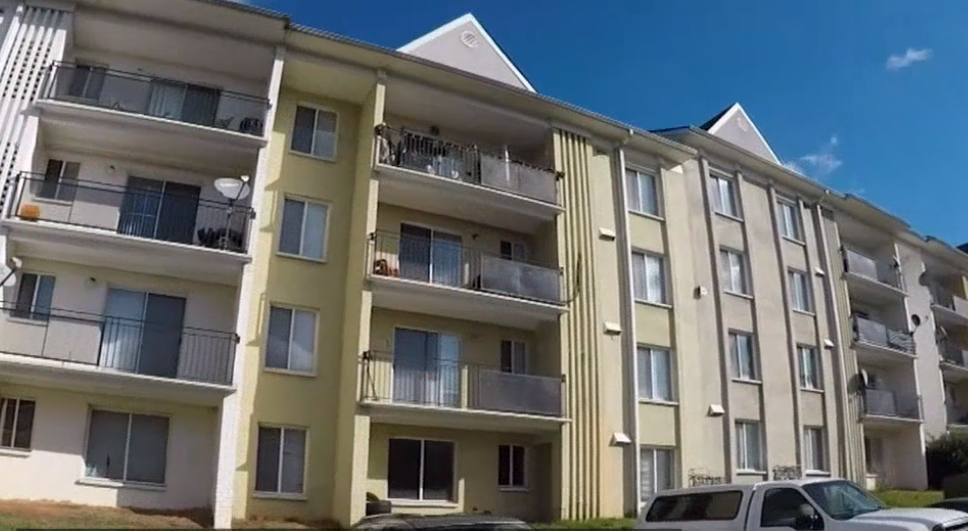The D.C. Council has passed emergency legislation to make it easier for landlords to evict tenants who haven't paid rent.
Council members unanimously voted Tuesday in favor of the bill that rolls back some protections the city put in place for low-income residents during the COVID-19 pandemic.
District leaders said the protections led to a crisis of unpaid rent, and as many as 20% of renters still aren't paying each month.
The law passed in the wake of the pandemic protected tenants from eviction each time they applied for the emergency rental assistance program, ERAP. That protection existed even if tenants were not approved for assistance, resulting in hundreds of millions of dollars in losses for landlords, officials said.
Mayor Muriel Bowser said Monday that landlords are facing more than $100 million in unpaid rent for 2024 alone.
D.C. has invested hundreds of millions of dollars over the past 10 years in affordable housing for low-income residents.
"Now, we have a serious problem. We are at risk of losing that affordability, and once we lose those affordability covenants, they're gone. And here's the root problem. We have about a hundred million dollars, as this slide shows, in unpaid rent to affordable housing providers. And if things don't change, that number will skyrocket to a hundred and fifty million dollars by next year," Bowser said in a meeting with D.C. leaders on Monday.
D.C. Council Chair Phil Mendelson proposed the legislation to remove the COVID-era law that protects ERAP tenants from eviction.
"The crisis is especially hurting affordable housing providers, which affects both the maintenance of current affordable projects as well as the prospect of creating more affordable housing units. We are seeing arrearages that are taken to court for eviction in the tens of thousands of dollars. I think these may be outliers, but cases of $70,000 are more being owed in rent, and I find that mind-boggling," Mendelson said.
Dean Hunter represents small and individual landlords who have complained it's too hard to evict tenants who don't pay their rent.
"This has had a devastating impact on the vision of affordable housing in the District of Columbia, and if we don’t get ahead of it, we’re looking at a real disaster," Hunter, with the Small Multifamily Owners Association, said.
D.C. leaders said the number of applications for ERAP had more than doubled in the past year.
Funding for ERAP will continue, but tenants will now have to provide proof of financial hardship and ERAP will only protect tenants from eviction for a short time, the Council said. The emergency bill also removes a requirement for judges to delay eviction proceedings if a tenant has a pending application.
Advocates for tenants and low-income families have expressed concerns that rolling back the COVID protections would result in large-scale evictions and said the process for to receive ERAP assistance takes too long.
"I don't want anybody to leave this room thinking that we're talking about wanting more evictions, because that's the last thing that anybody wants. What we want is for people to pay their rent," Bowser said Monday.




